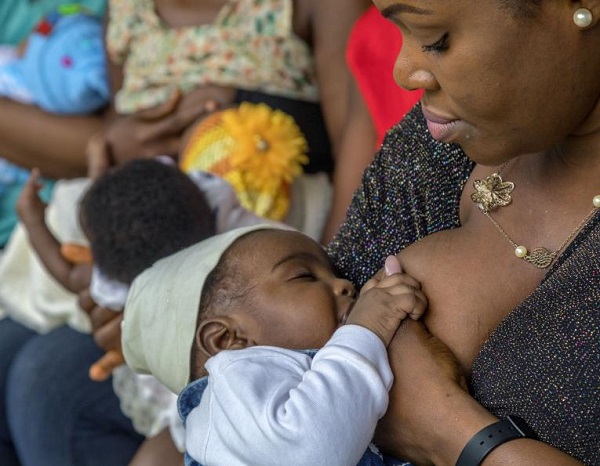
The 2023-2024 Nigeria Demographic and Health Survey (NDHS) has highlighted a critical public health issue, revealing alarming early childhood mortality rates across Nigeria.
According to the report, released to Science Nigeria on Thursday in Abuja, approximately 41 out of every 1,000 infants in Nigeria die within their first month of life and 63 die before reaching their first birthday. Additionally, the under-five mortality rate stands at a striking 110 deaths per 1,000 live births, signaling an urgent need for intervention.
The NDHS data also showed significant regional disparities, with the North West zone recording the highest childhood mortality rates. “Kano State, for instance, has the highest neonatal mortality rate at 59 deaths per 1,000 live births, while the south-west region has the lowest rates, illustrating critical differences in healthcare access and quality across the country,” the report noted.
These statistics represent real lives lost and families affected, experts say. A pediatrician, Dr. Amina Suleiman explained, “The high rates of neonatal and infant mortality indicate systemic issues in healthcare delivery, especially in underserved regions. Addressing these challenges requires urgent and coordinated efforts from the government and health organisations.”
The survey underscored the importance of maternal care in reducing child mortality rates. While 63 per cent of women reported receiving antenatal care from skilled providers for their most recent live birth, only 52 per cent attended at least four antenatal visits, which falls below the recommended standard.
“Antenatal care is essential for monitoring both maternal and child health. Increased access to skilled healthcare during pregnancy can significantly lower mortality rates,” Suleiman added.
Though Nigeria has made progress in reducing under-five mortality rates from 193 deaths per 1,000 live births in 1990 to 110 today, neonatal mortality rates have remained stagnant since 1990, raising concerns about the impact of current health interventions.
Community health workers like Ms. Binta Mustapha from Niger State are on the front lines of this crisis, providing essential education and resources to mothers in rural areas. “We often encounter mothers who lack basic knowledge about maternal health, which impacts their children’s survival chances,” Mustapha noted. “We must continue to educate and empower women.”
As Nigeria works to improve health outcomes for children, the demand for comprehensive strategies to advance maternal and child health has become urgent. Executive director of the Vaccine Network for Disease Control, Mrs. Chika Offor emphasised the need for increased investment in healthcare infrastructure in high-mortality states and urged the government to prioritise women’s health education and service access.
“The time for action is now. As the data shows, the health of Nigeria’s children and their mothers depends on it,” Offor stated.

